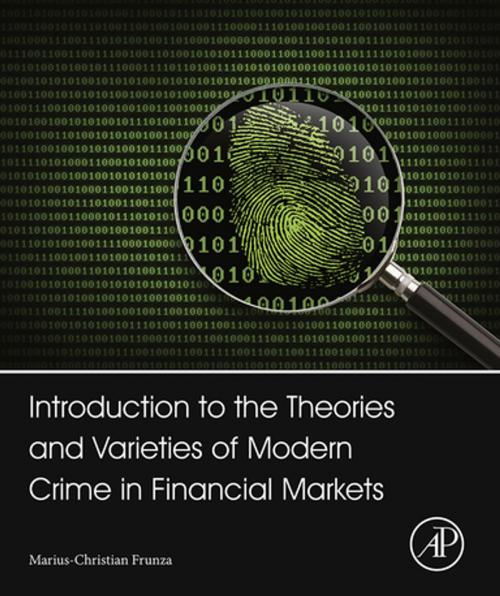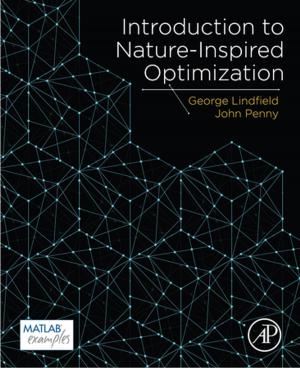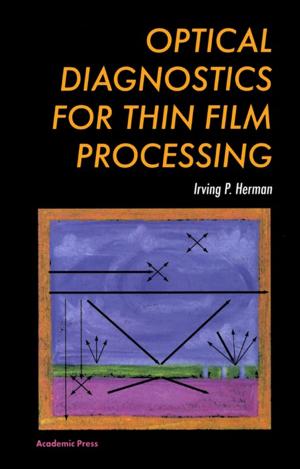Introduction to the Theories and Varieties of Modern Crime in Financial Markets
Business & Finance, Finance & Investing, Investments & Securities| Author: | Marius-Cristian Frunza | ISBN: | 9780128013496 |
| Publisher: | Elsevier Science | Publication: | December 8, 2015 |
| Imprint: | Academic Press | Language: | English |
| Author: | Marius-Cristian Frunza |
| ISBN: | 9780128013496 |
| Publisher: | Elsevier Science |
| Publication: | December 8, 2015 |
| Imprint: | Academic Press |
| Language: | English |
Introduction to the Theories and Varieties of Modern Crime in Financial Markets explores statistical methods and data mining techniques that, if used correctly, can help with crime detection and prevention. The three sections of the book present the methods, techniques, and approaches for recognizing, analyzing, and ultimately detecting and preventing financial frauds, especially complex and sophisticated crimes that characterize modern financial markets.
The first two sections appeal to readers with technical backgrounds, describing data analysis and ways to manipulate markets and commit crimes. The third section gives life to the information through a series of interviews with bankers, regulators, lawyers, investigators, rogue traders, and others.
The book is sharply focused on analyzing the origin of a crime from an economic perspective, showing Big Data in action, noting both the pros and cons of this approach.
- Provides an analytical/empirical approach to financial crime investigation, including data sources, data manipulation, and conclusions that data can provide
- Emphasizes case studies, primarily with experts, traders, and investigators worldwide
- Uses R for statistical examples
Introduction to the Theories and Varieties of Modern Crime in Financial Markets explores statistical methods and data mining techniques that, if used correctly, can help with crime detection and prevention. The three sections of the book present the methods, techniques, and approaches for recognizing, analyzing, and ultimately detecting and preventing financial frauds, especially complex and sophisticated crimes that characterize modern financial markets.
The first two sections appeal to readers with technical backgrounds, describing data analysis and ways to manipulate markets and commit crimes. The third section gives life to the information through a series of interviews with bankers, regulators, lawyers, investigators, rogue traders, and others.
The book is sharply focused on analyzing the origin of a crime from an economic perspective, showing Big Data in action, noting both the pros and cons of this approach.
- Provides an analytical/empirical approach to financial crime investigation, including data sources, data manipulation, and conclusions that data can provide
- Emphasizes case studies, primarily with experts, traders, and investigators worldwide
- Uses R for statistical examples















